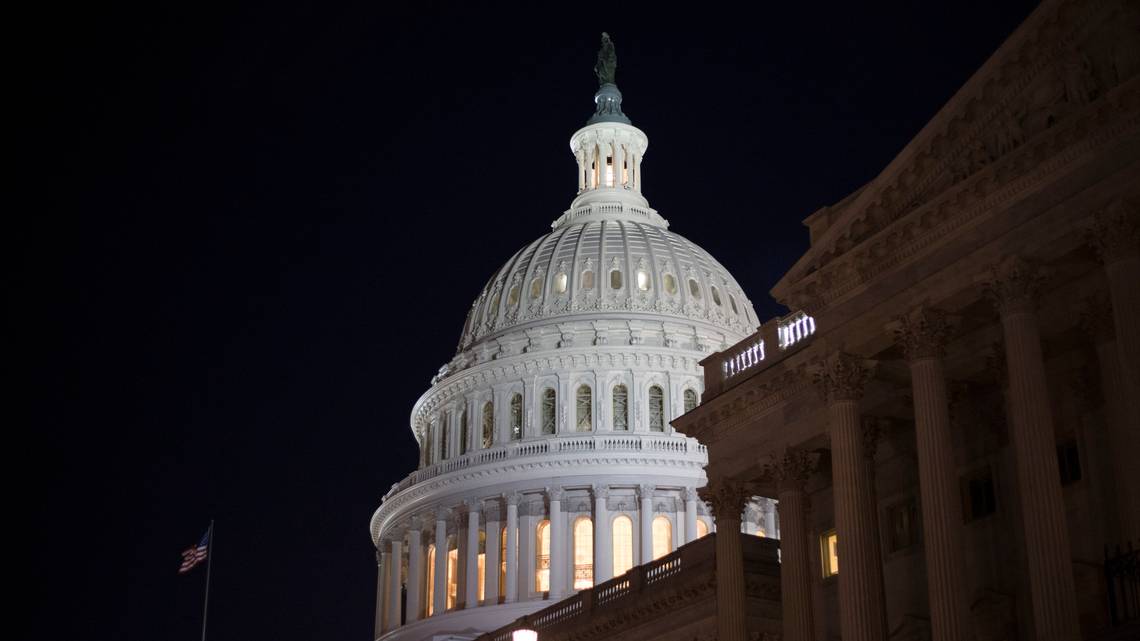Trump’s Tax Bill Omits Social Security Tax Relief: Key Impacts on Seniors and Social Programs
President Donald Trump’s recently passed “One Big Beautiful Bill” introduces sweeping tax reforms and spending cuts. While it offers certain benefits, notably a $4,000 deduction for seniors, it notably omits the promised elimination of taxes on Social Security benefits. This omission has significant implications for retirees and low-income Americans.
Seniors Face Disappointment Over Social Security Taxation
Despite campaign promises, the new bill does not eliminate taxes on Social Security benefits. Instead, it provides a $4,000 deduction for individuals aged 65 and over, applicable from 2025 to 2028. This measure falls short of the anticipated full tax exemption, leaving many seniors feeling let down.
The partial relief raises concerns about the financial burden on retirees, especially those on fixed incomes. Critics argue that the deduction may not sufficiently offset the taxes paid on Social Security benefits, potentially impacting the financial stability of older Americans.
Medicaid and SNAP Programs Face Significant Cuts
The bill introduces substantial reductions to social welfare programs. Medicaid faces nearly $700 billion in cuts, with the introduction of work requirements for recipients aged 19–64 and a cap on home equity for long-term care eligibility. Additionally, the Supplemental Nutrition Assistance Program (SNAP) is set to lose $300 billion over ten years, affecting many low-income individuals and families.
These cuts have sparked debates about the potential increase in poverty and reduced access to essential healthcare and nutrition services. Advocates for the affected programs warn that the changes could disproportionately impact vulnerable populations, including seniors and children.
Economic Implications and Deficit Concerns
The “One Big Beautiful Bill” is projected to add $3.8 trillion to the national deficit from 2026 to 2034. While proponents argue that tax cuts will stimulate economic growth, economists express skepticism. Analyses suggest that the benefits may be short-term and could be offset by reduced consumer spending due to cuts in social programs.
The increased deficit raises concerns about long-term fiscal sustainability. Higher government borrowing could lead to increased interest rates, affecting loans for homes, cars, and education. This scenario may strain household budgets and slow economic growth. (WSJ)
Political Reactions and Future Legislative Prospects
The bill passed the House with a narrow 215-214 vote, indicating a divided political landscape. Notably, former Trump advisor Steve Bannon criticized the bill for its lack of substantial Social Security tax relief and excessive defense spending. The legislation now moves to the Senate, where it may face further scrutiny and potential amendments.
The political discourse surrounding the bill reflects broader debates about fiscal responsibility, social welfare, and tax policy. As the Senate deliberates, stakeholders from various sectors continue to voice their positions, influencing the bill’s trajectory.
Conclusion
President Trump’s “One Big Beautiful Bill” brings significant changes to the U.S. tax system and social programs. While it offers certain benefits, such as a $4,000 deduction for seniors, it falls short of eliminating taxes on Social Security benefits, as previously promised. The substantial cuts to Medicaid and SNAP raise concerns about the well-being of vulnerable populations. As the bill progresses through the legislative process, its long-term impacts on the economy and society remain subjects of critical analysis and debate.
Subscribe to trusted news sites like USnewsSphere.com for continuous updates.
[USnewsSphere.com / tg.]





